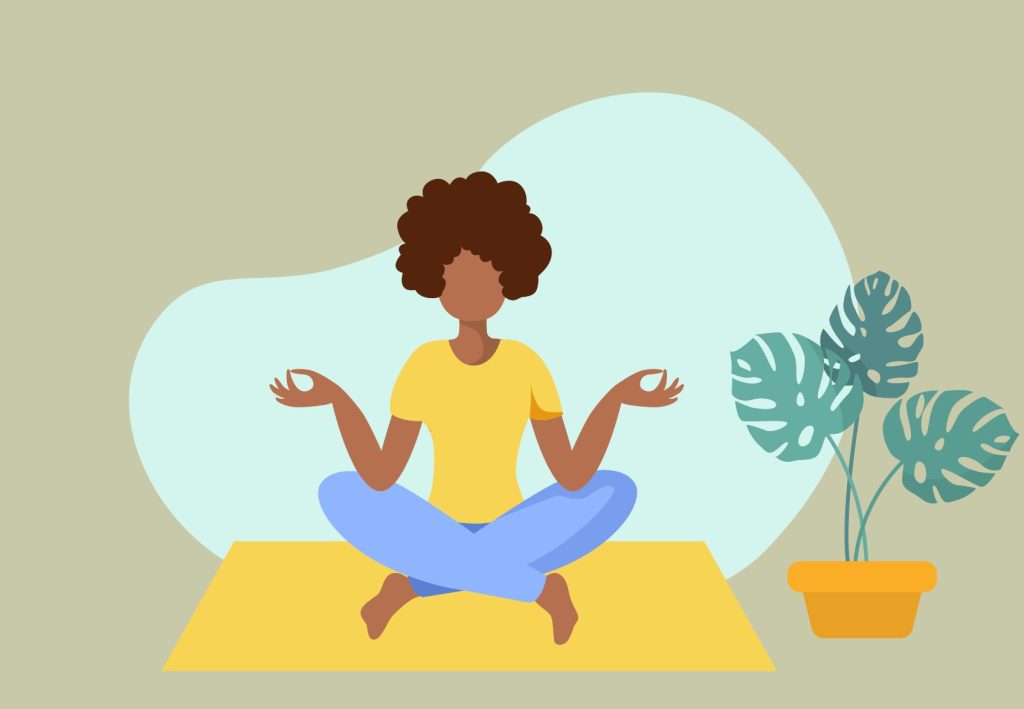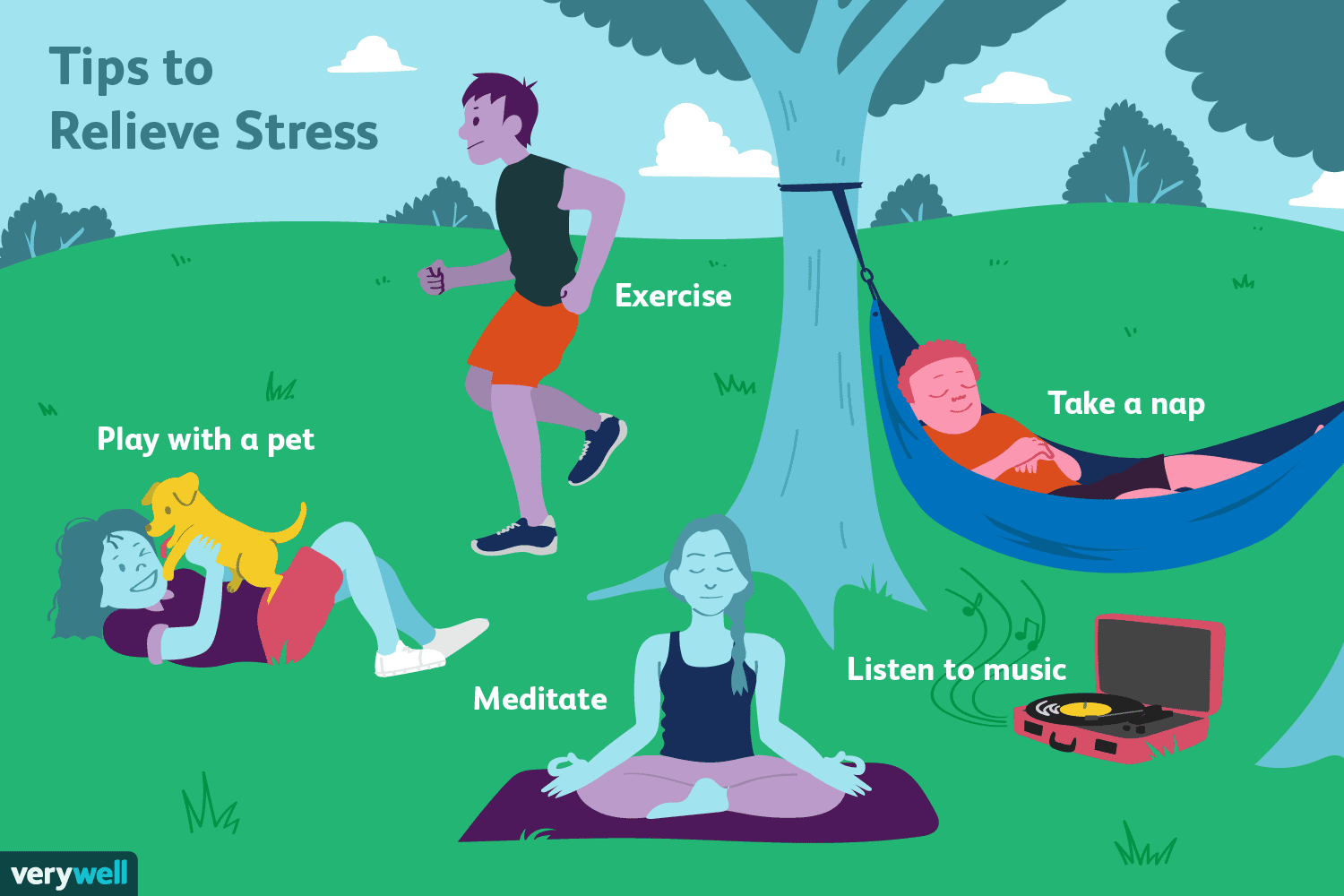Effective Methods to Alleviate Stress and Anxiety
1. Introduction to Stress Management Techniques
The modern world is freighted with pressure and responsibilities, leading to an increase in mental health issues. It’s important to find effective ways to cope with these daily stresses and focus on stress management. One of the key principles for stress reduction is understanding what stress is: it’s the body’s reaction to any change that requires an adjustment or response.
Key Principles for Stress Reduction
Stress management involves adopting methods to handle stress effectively. Techniques such as exercise, mindfulness practices, and dietary changes can play a significant role. Additionally, a holistic approach considering both mind and body helps to reduce stress and manage mental health.
2. Physical Activities for Stress Relief
Engaging in physical activity has been proven to be effective in reducing stress. Physical activities can reduce heart rate and blood pressure, two physical symptoms associated with high stress levels. Exercising to relieve stress doesn’t have to be strenuous; even a leisurely walk can decrease stress levels.
Benefits of Exercise in Combating Stress
Physical activity isn’t just beneficial for physical health, but also for mental well-being. Exercise aids the brain’s production of endorphins – chemicals that act as natural painkillers and mood elevators. This activity may also improve sleep quality, exacerbating the benefits for stress relief and mental health.
3. Balanced Diet for Maintaining Mental Health
A balanced diet is essential in maintaining mental health and helps in stress management. It’s important to consume nutrients that help your body combat stress.
Role of Nutrition in Stress Management
Certain nutrients are known to alleviate symptoms of stress. For example, magnesium helps reduce stress levels by promoting better sleep. Similarly, vitamin C may reduce stress as it helps lower blood pressure and cortisol, a stress hormone.
4. The Positive Impact of Minimal Screen Time
In the digital era, screen time can often lead to heightened stress and anxiety. Therefore, minimizing screen time, specifically before sleeping, can be beneficial to relieve stress and improving mental health.
Reducing Phone Use for Mental Well-being
Studies have shown that spending time away from screens, especially social media, can lead to lower stress levels. Encouraging screen-free activities such as reading, cooking, or spending time in nature can further improve mental health.
5. Self-Care Practices that Help Manage Stress
Self-care practices are crucial when it comes to stress management. These can include taking time for hobbies, spending time with a family member, or simply relaxing.
Importance of Self-Care Activities for Mental Health
Self-care can significantly reduce stress. These activities can help occupy the mind, act as a distraction, and promote a more positive mindset, contributing to improved mental health over the long term.
6. Journaling as a Stress Reduction Tool
Journaling is another effective stress reduction tool. Transferring thoughts on paper can act as a beneficial outlet for stress, improving stress response and promoting better mental health.
How Journaling Can Help Deal with Anxiety
Journaling allows an individual to spill out their thoughts, creating a sense of relief. It offers a private space to express feelings, fears, and worries, aiding in reducing depression and anxiety.
7. Maintaining Healthy Relationships for Balanced Mental State
Maintaining healthy relationships with family and friends also plays a role in stress reduction. A human connection can offer much-needed support, reduce feelings of isolation, ultimately nurturing better mental health.
Impact of Social Interaction on Stress Levels
Social interaction can greatly reduce stress levels. Having someone to share concerns or worries, or even simply spending time with loved ones can ensure stress relief and better mental health.

8. Importance of Setting Boundaries for Stress-Free Life
Respecting personal boundaries is crucial for a stress-free life. This might include learning to say ‘no’ when necessary to avoid additional stressors and maintain better mental health.
9. Avoidance of Procrastination for Mental Health
Procrastination can lead to additional stress. Getting tasks completed promptly relieves this stress and helps you maintain better mental health.
10. Yoga Practice for Stress Relief
Practicing Yoga regularly is a proven way to manage stress and anxiety. Breathing exercises, meditation, and mindful movements in yoga aid stress reduction and help enhance mental health.
11. Mindfulness Practices for Stress Management
Mindfulness practices, such as meditation, can significantly reduce stress and improve mental health. Learning to be present and mindful of the current moment helps regulate stress response, lowering stress levels.
12. Embracing Nature for Stress Relief
Nature has a calming effect that helps reduce stress and anxiety. Regular exposure to nature, like walks in the park or gardening, can boost mental well-being.
13. Importance of Deep Breathing in Anxiety Management
Deep breathing is a well-known stress reliever. It helps relax the body, stabilize heart rate and blood pressure, leading to stress relief and better mental health.
14. Benefits of Pet Companionship for Mental Well-being
Pets provide companionship and unconditional love, which can be therapeutic. Numerous studies validate the role of pets in stress management and in promoting overall mental health.
15. Consideration of Supplements for Mental Health
Certain supplements might help manage stress and improve mental health, such as B vitamins, Omega-3 fatty acids, and herbal supplements like Ashwagandha. However, it’s vital to consult a healthcare provider before starting any supplement regimen.
